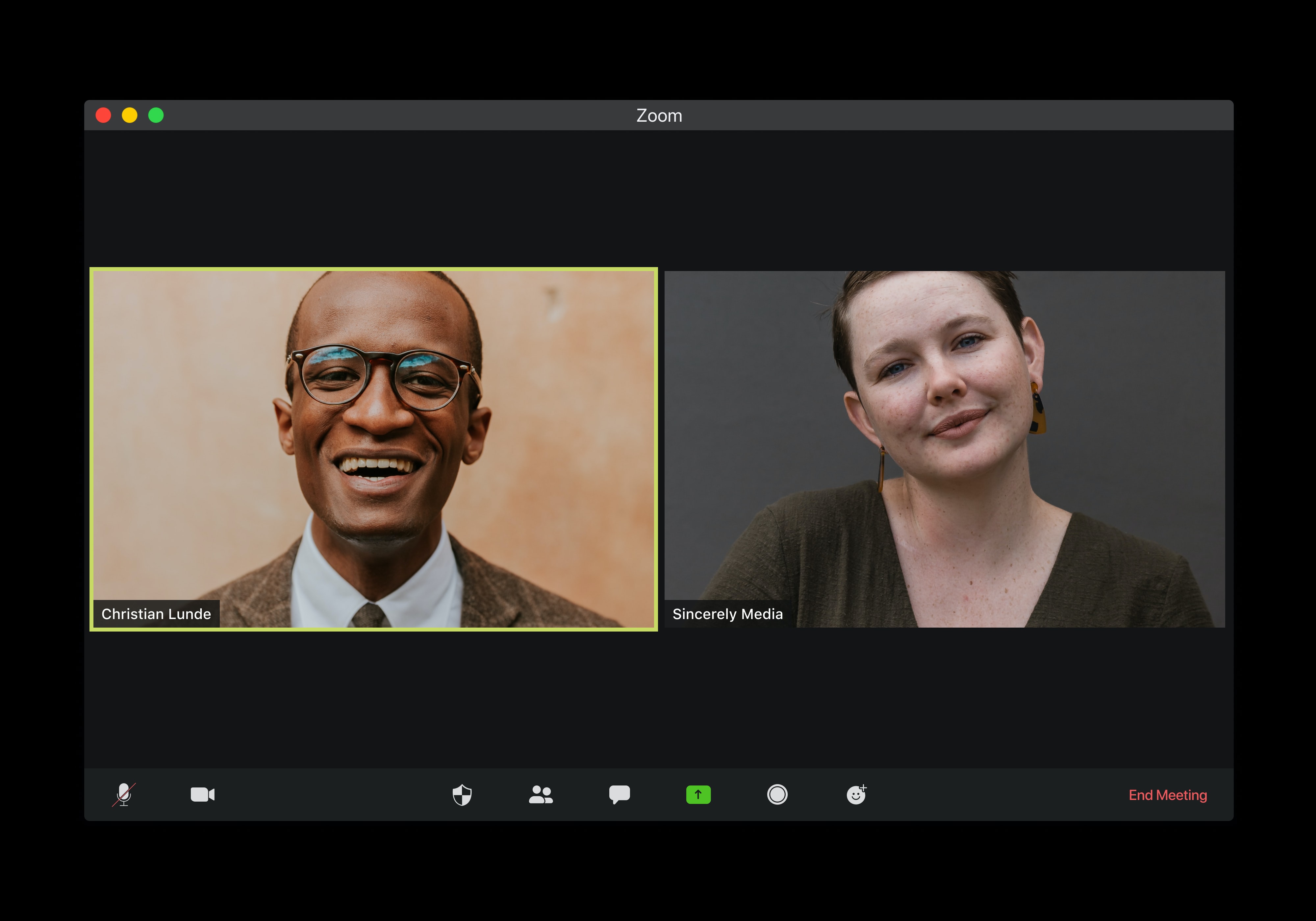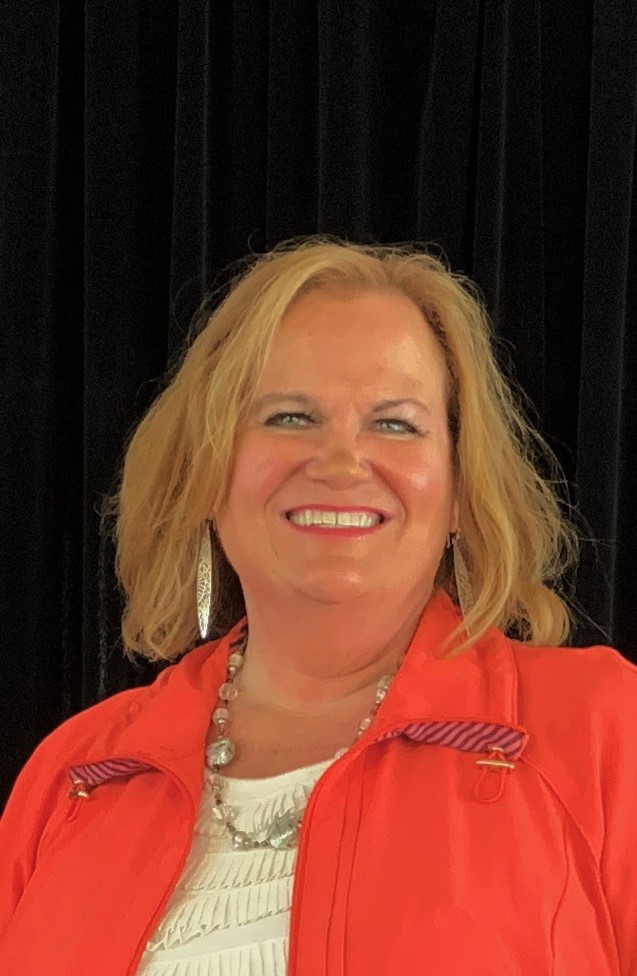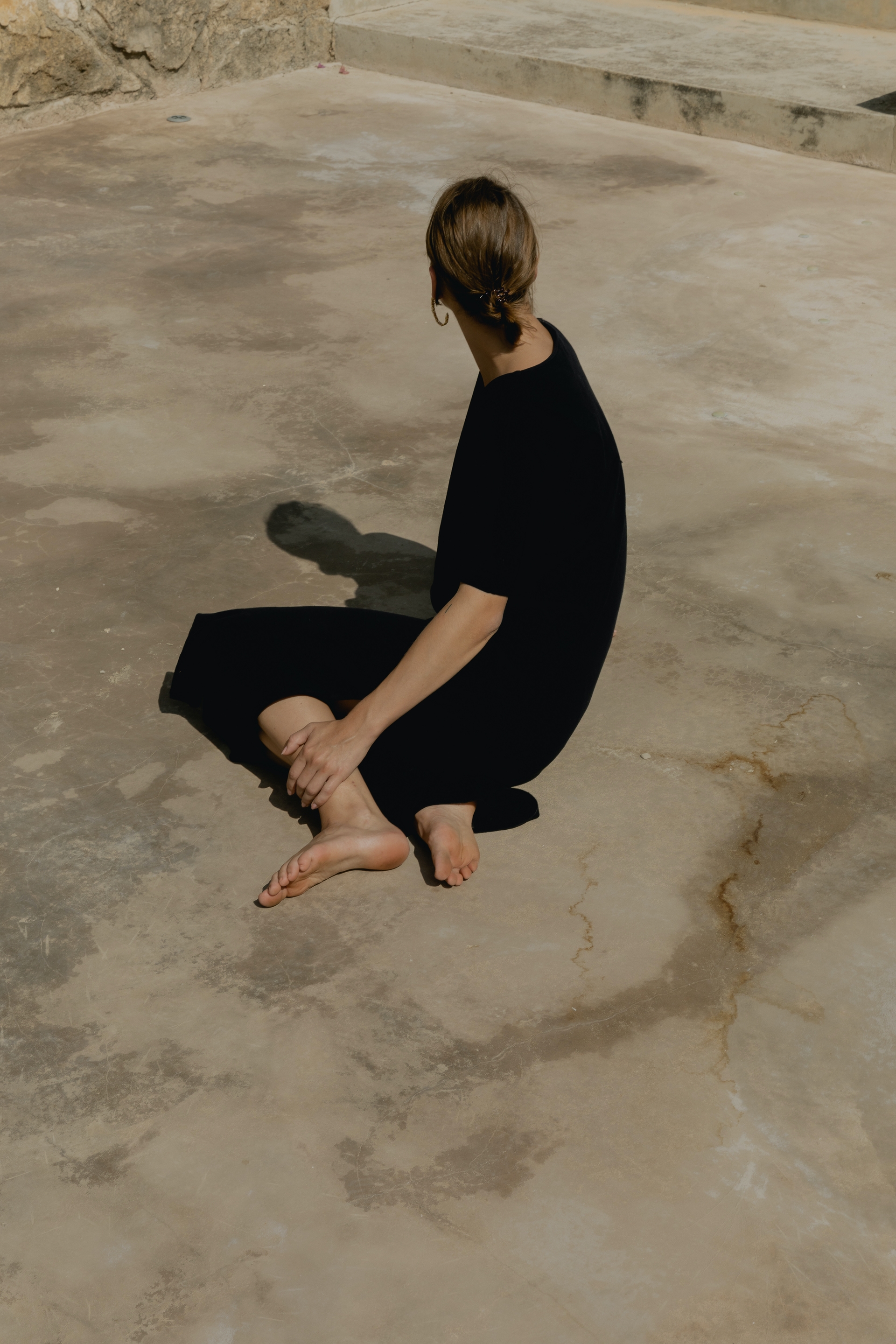What it is different about this threat? I don’t know about you, but this is my first global pandemic that’s like this. We’ve been through other kinds of pandemics: Avian flu and Ebola and Zika but this is really different. Why?
It’s a myriad of things that are all coming together in a perfect storm:
- people are concerned about their personal finances, unemployment, the businesses upon which we have counted and that we love
- people are worried about the global financial crisis that we all intuitively know will on the other side of this – not to mention the debt that cities, states, countries, businesses and individuals are creating to manage through this time
- we are all now super isolated in our homes and, anytime we leave our homes, we are with people in masks!
- no one knows when this is going to end
- we’re learning how to adjust to working from home…and now a lot of us are dealing with webinar-overkill!
- many of us are also grappling with some level of guilt and/or grief
- we have no idea what “normal” is going to look like on the other side of this

We are all at choice here in terms of how we manage ourselves in the face of such uncertainty. We all have lots of ways to cope with anything that’s going on. You can take up day drinking. You can binge watch every series on Netflix and all the Star Trek that have ever been created. You can pull the covers up over your head and eat crackers in bed and, believe you me, there have been days that I’ve taken advantage of all of those strategies!!
If you want, however, some (slightly) more productive strategies, read on!
Remember that commercial from the ‘80s “I’m not a doctor but I play one on TV?” Well, I’m not a neuroscientist, but I play one in my brain! I got really interested in what’s happening in our brains about 10 years ago and the biggest thing that our brain hates is uncertainty! Our amygdala, which is also sometimes called our reptilian brain, is also the most ancient part of our brain. It’s our “survival brain” and it’s constantly updating the world and making judgments about what’s safe and what’s not safe. Our survival brain registers uncertainty as pain and so our brain is going to do anything and everything it can do to create certainty. It’s why you will pick a fight with somebody – and get exactly the result that you don’t want – because your brain needs certainty.
If our brain doesn’t know what’s around the corner it cannot keep us out of harm’s way. Our brains are set up to assume the worst-case scenario and we will always assume that we are less capable of dealing with the problem than we actually are! It’s how we’re hardwired…all in the name of survival. Because of our brain’s hatred of uncertainty, it makes up hundreds or even thousands of stories every day to figure out how “this is like something else that I’ve encountered in the past and here’s what that was about” because, if it’s like this that other thing, then I know what to do. The problem is, see above, our brain is always going to go to the worst-case scenario – both in the stories that we make up and in our ability to cope with them. What’s even more tricky: we then live into that story that our brain created as though it’s THE TRUTH.

Our opportunity is to keep that story that our brain is generating under control and to reality check it with someone you consider a “trusted source.” That source is not someone who agrees with you! They’re someone who will tell you that you’re driving the car off a cliff…and help you get it turned around. Here’s another trick: when we can name something, it takes the edge off. Another tip: Name all the possible other “truths” of the situation. What are all the possibilities? Binary thinking (A or B, Black or White) gets us stuck. You can use probabilities. What’s the probability that X option is true? What’s the probability of Q? How about G? Possibilities always exist. If you can’t see them, use that trusted source to brainstorm. When we can open our mind to a broader set of possibilities, we can weather uncertainty with more ease.
Because of the amount of uncertainty in our world now, our brains are searching fast and far and wide for certainty. Beware: consuming vast amounts of media on COVID-19 (and other things) is not currently helpful. Our brains think it is because it thinks, “More Information = More Certainty!” The problem is that the COVID-19 news is filled with too much uncertainty. Trying to make certainty out of uncertainty is like trying to make sane out of crazy. It just doesn’t work! So stop. Limit your intake.
Find other things that can create certainty. Create new routines. Talk with the people in your family and on your teams about what creates certainty for them right now. Go for a walk at the same time every day. Give your brain things to count on and it will calm down. Breathe! Taking a deep breath will literally reset your brain if your feeling overly uncertain or freaked out.
One thing that’s completely within our control: kindness and compassion. We get to lean in and strengthen this muscle right Now. It’s helpful for us, our families and our teams. We get to bring compassion to ourselves and all the people with whom we’re in contact. We’re all struggling at different times and in different ways.
Because our brains are in this perpetual state of uncertainty, we can’t expect that much from ourselves and our people. There may be times when we’re creative and productive and others when we’re just not. Bake that into your plans. Know that things are going to take longer and, because we’re in a constant state of anxiety, while we might generally be quite capable of complex tasks, there are times right now when we just aren’t! We get to make everything as easy as possible for everyone…including ourselves!

It turns out that there really is such a thing as video-conference fatigue! While many of us have used this technology periodically in the past, its prevalence is great because our brains calm down with faces. But, because there’s so much more to worry about (tech glitches, freezing, delay in streaming, losing the internet connection, not being able to read body language as easily), our brains are actually having to work harder to manage this technology and stay present.
Last, I want to address the issue of guilt and grief. Some of us are feeling guilty right now. It may be that we know people who have lost their jobs, their businesses, or parts of their income…while we’re doing OK. It may be that others have been sick, and even died…and our family is still healthy. Others feel guilt when they see some working so hard and their own workload has considerably lightened. Guilt is tricky and usually unproductive. In my opinion, it’s only productive when it leads you to see someplace where you have an opportunity to acknowledge and apologize for something. In the above scenarios, however, there’s nothing for us to own and make amends for. There is a lot, however, for us to have gratitude about. When we are healthy, be grateful. When we are financially sound, be grateful. And, where and when we can, be generous. With you time, your wealth, your gratitude for the work of others.
I read a terrific piece in HBR on grief several weeks back (That Discomfort You’re Feeling Is Grief, 3/23/20). The article touched on all the kinds of grief we may feel: the loss of normalcy, the fear of the economic toll, the loss of connection, the loss of (the illusion of) certainty. Many are feeling “anticipatory grief:” the feeling we get over the future loss of a parent or a pet. There’s a collective grief in the air that we’ve never experienced. Understanding the stages of grief (denial, anger, bargaining, sadness and acceptance) can be helpful. The article makes a strong point that the stages aren’t linear and that we can circle back to stages. The goal – just like with keeping our “stories” in check, is to find balance in the things we’re thinking. One technique that I really like is to come into the present and name things. There’s an anxiety calming technique to go through 5 things you see, 4 things you can touch, 3 things you can hear, 2 things you can smell and 1 thing you can taste. Usually someplace in the 4 or 3, I find myself much more calm and able to be productive again.

The upshot: Be Kind To Yourself. You’re not able to function at the level to which you’re accustomed. Stop trying! This will pass and you’ll get yourself back. Be gentle with those in your sphere. Practice gratitude. Acknowledge grief. If you need more sleep, know you’re in good company and get it. If you need that snack, eat it. If you need a longer run, take it. We will get through this. If you can, take some time and begin to envision what you want to create so that the “new normal” is better than the old one.
Janine Hamner Holman is the CEO of J&J Consulting Group. She is a nationally recognized speaker, trainer and leadership talent developer. She has been managing teams since 1991. She’s an expert on developing leadership in the age of disruption and AI, and knows what it takes to attract and retain world-class talent. She teaches a very distinct method that combines brain science, leadership, management, and real-life challenges managers face. Janine is also a member of the invitation-only Forbes Coaches Council: a group of thought leaders, executives and business owners focused on issues of organizational leadership and culture. She is currently working on her first book.



